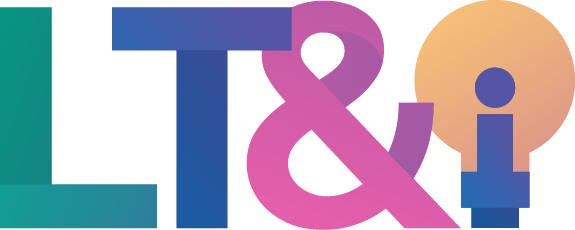I have been listening to podcasts since about 2005. It was a great way to pretend I was doing something instead of research and writing my dissertation. I would listen in to folk talking about literary analysis and it made me forget that I should be doing my own literary analysis. The podcasts I choose to listen to are always the same two kinds in terms of format because this seems to be what we do in English/Pedagogy land.
- Interview: Teaching and learning, EdTech, and all kinds of HigherEd podcasts seem to enjoy this format. The ones I find myself listening to the most are CBC’s Spark, Teaching in HigherEd, ThinkUDL, Tea for Teaching, and EdSurge podcast. And yet, even though I have been listening to these podcasts for years, I am starting to bore of them. I think it is because I am getting to used to the interview style, and they are always interviewing the same people or the same kinds of people, which is upsetting and suggests that there is only a small cadre of interviewable folk in HigherEd (straight white American), which we know is completely untrue.
- Conversational : My pal Louise has a hilarious conversational/interview blend podcast called Lol My Praxis that I listen to for good laughs. Home Cooking is honestly the best pick me up podcast and I am sad that they only made a limited series of them. I used to love Buffering the Vampire Slayer so much, but this last season the episodes simply became too long and I started tuning out. This made me realize that I needed to constrict my own format to under 20minutes because a 1 hour plus podcast is simply too long and it is asking a big commitment of your listeners.
I do occasionally listen to panel podcasts which happens at some times with CBC Ideas, The Current or TVO’s The Agenda but I don’t actively seek these out. I also listen to one non-fiction storytelling/material history podcast 99% Invisible which I really enjoy and have been listen to for years.
In terms of production choices, as someone who cares about accessibility, there is nothing in this world that drives me more banana sandwiches than when there is a big bleed of background track over voice and I can’t hear what the person being interviewed is saying. I love what Shane is doing with Pedagogue, but I bet there would be even more listeners if he would stop doing that.
The thing is I really like solo/monologue if they are short. Like what Hannah used to do with some Secret Feminist Agenda episodes, what Brenna does sometimes when she realizes she doesn’t have to balance all the things and get guests all the time for You Got This! , and what Jennifer Gonzalez does with some The Cult of Pedagogy episodes. Especially since the pandemic, folk have much shorter attention spans and are looking for that quick bit of excitement or knowledge sharing. I want to listen in to these folk sharing insight, and not overwhelming me with too much info, too many references, too many to dos. I want to listen-in then listen-out, not be listening for 45-60 mins and trying to hold all those ideas together. I am very much team, shorter is better (for listeners and for production).

So my brain works a lot like yours, I think, because I also am really into podcasts in the 20-30 minute range. When I did more grading and listened to podcasts while I did a lot of the rote kind of stuff (tallying assignments for completion, inputting grades into spreadsheets, etc), I liked hour+ podcasts because they passed time. But when I’m actively listening, I want to get in and out.
Really appreciated the note about music beds. It’s easy to go overboard on the audio aesthetic (does that make sense as a term?) and forget the cost.